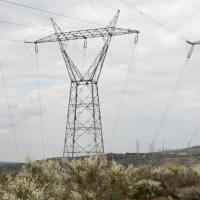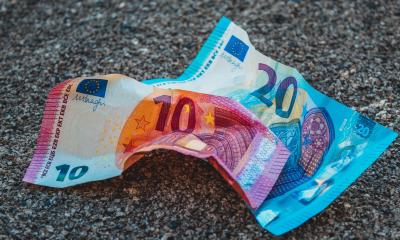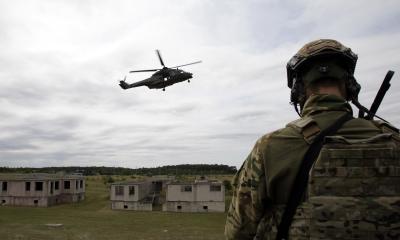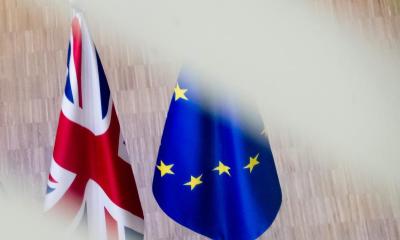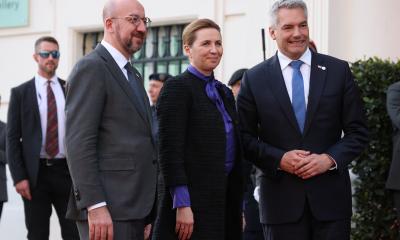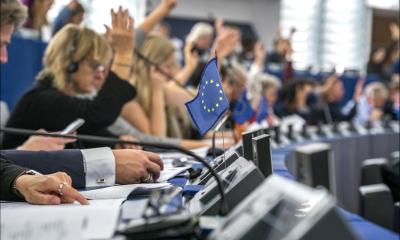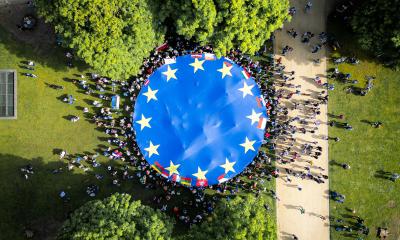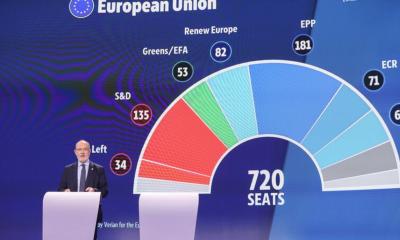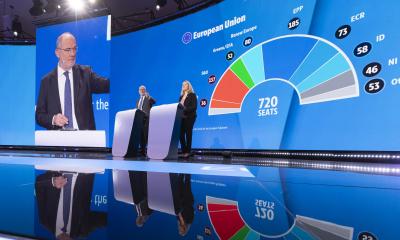High-Level Conclusions from The Europe Conference 2024: European Elections in Times of Crisis
Mujtaba Rahman, Nathalie Tocci and the Danish prime minister Mette Frederiksen were among the keynote speakers at our annual Europa Conference held ten days before the European elections.
Europe faces a number of tough choices going into the European Parliamentary elections on June 9. At Think Tank EUROPA’s annual conference on May 31, a range of leading international analysts and Danish policymakers discussed the potential impact of the elections and the wider geopolitical outlook for the EU.
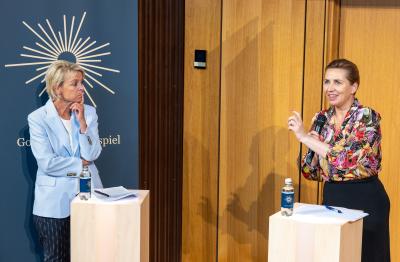
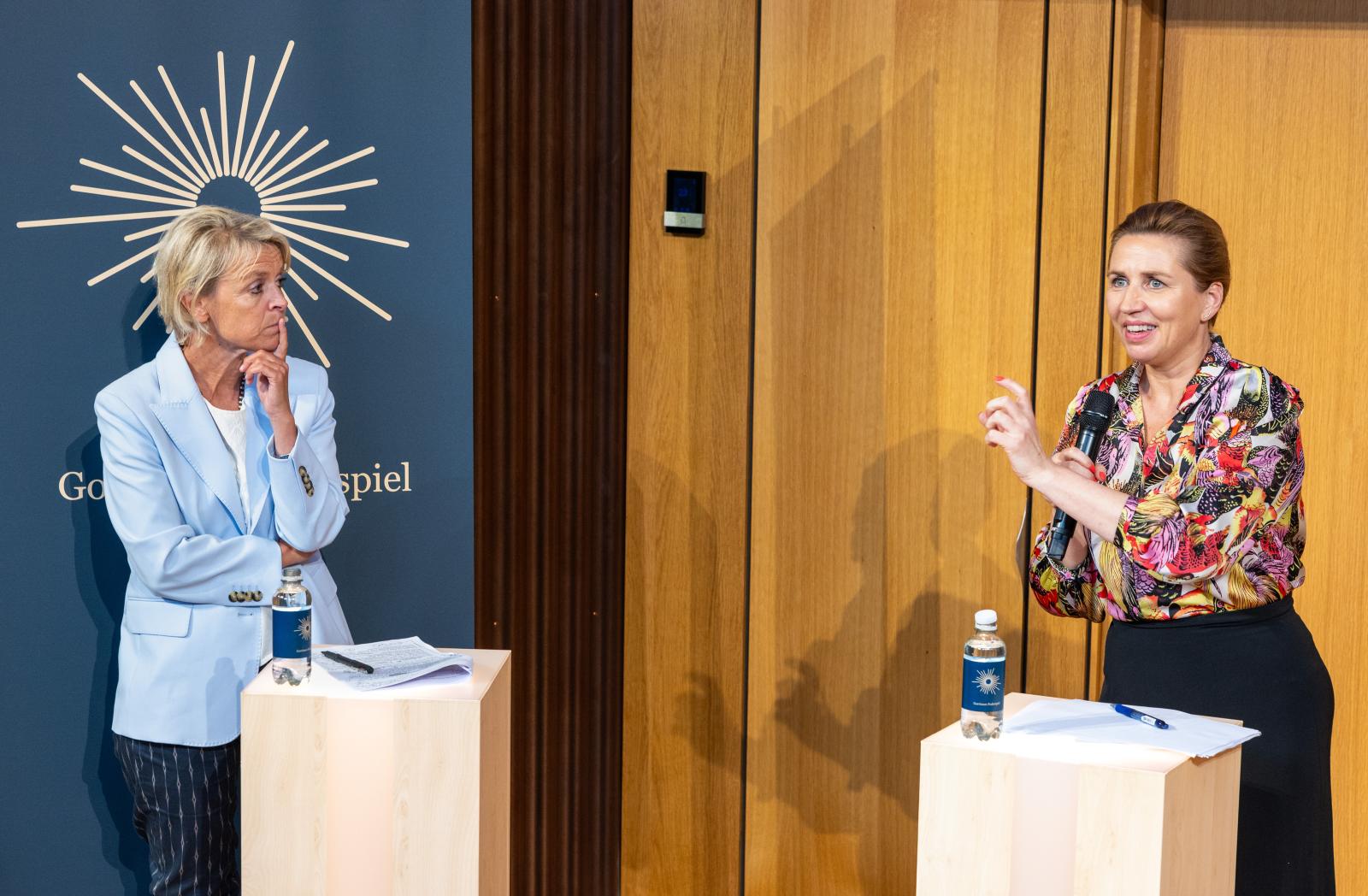
Denmark’s position in the EU: Towards further collaboration
In her keynote speech, Prime Minister Mette Frederiksen made abundantly clear how indispensable “a stronger EU” is to the future of Europe and Denmark. It was one of her most ambitious and offensive speeches to date on European politics. She particularly emphasized the urgency of strengthening European defense capabilities in light of the conflict with Russia and noted the need for collaboration in tech, the green transition, and migration. Following Mette Frederiksen’s speech, two Danish opposition leaders – Pia Olsen Dyhr of Socialistisk Folkeparti and Alex Vanopslagh of Liberal Alliance – debated the outlook for Denmark’s position in Europe.
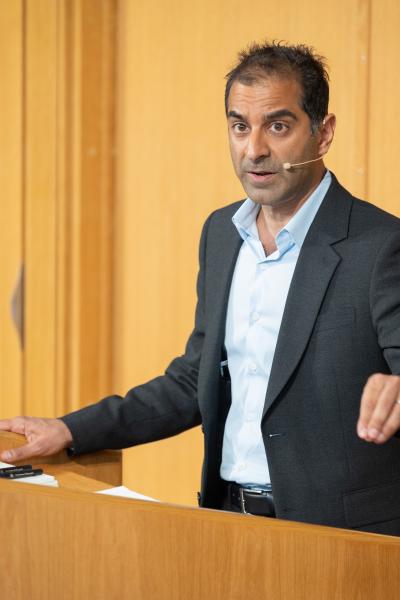
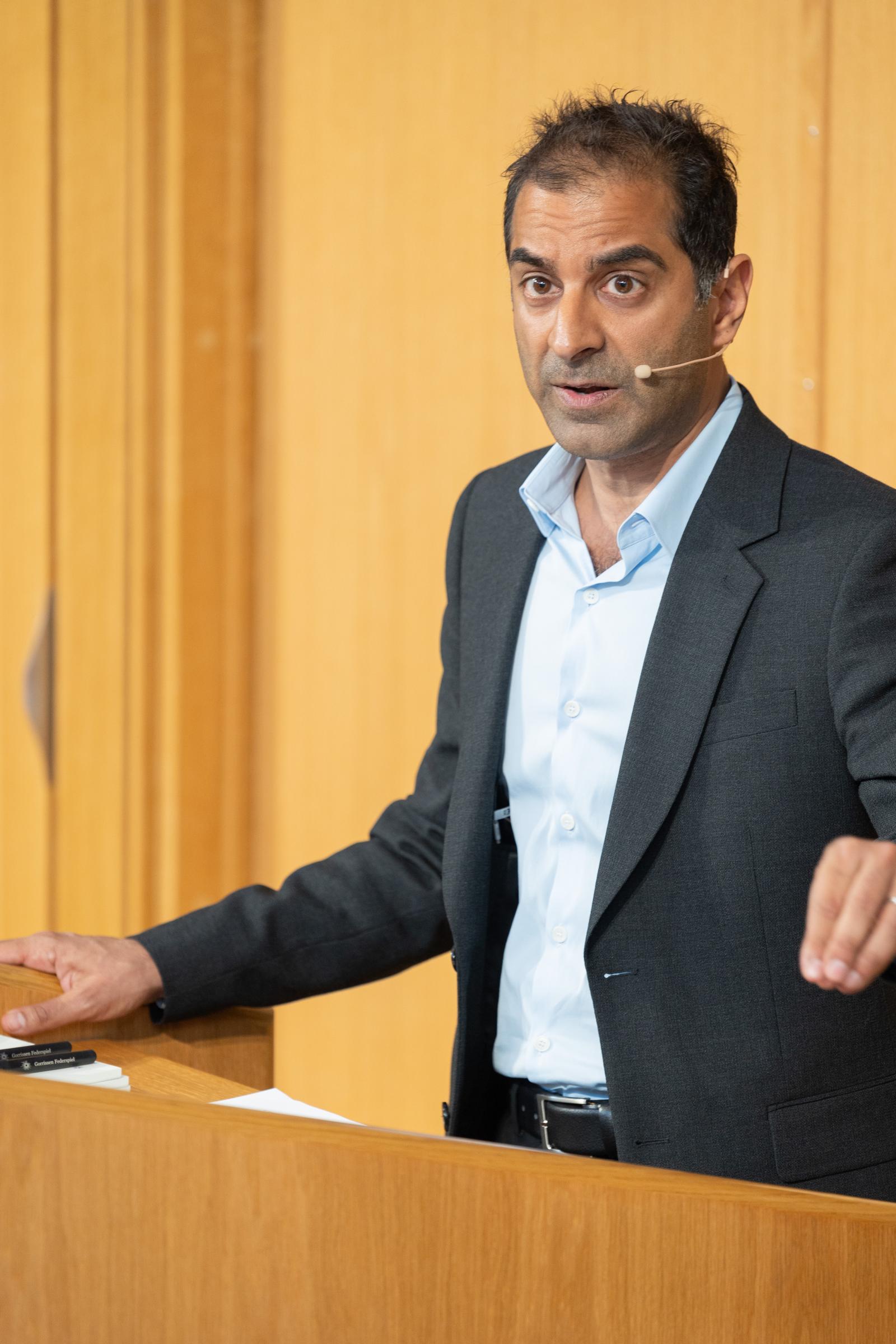
The post-elections landscape of Europe
Mujtaba Rahman, managing director at the Eurasia Group, a consultancy, analyzed the potential outcome of the European elections. The fear of a populist resurgence in the EU is overdone, he said, and stressed that the main consequences of this trend will be felt not in Brussels but at home, particularly in France and Germany where the governments are currently under pressure. Giorgia Meloni is the only national leader likely to come out of the elections strengthened, and Ursula von der Leyen is likely to win a second term, continuing to govern from the center.
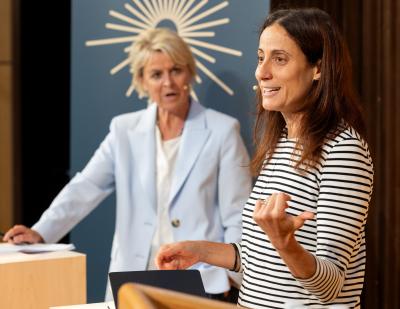
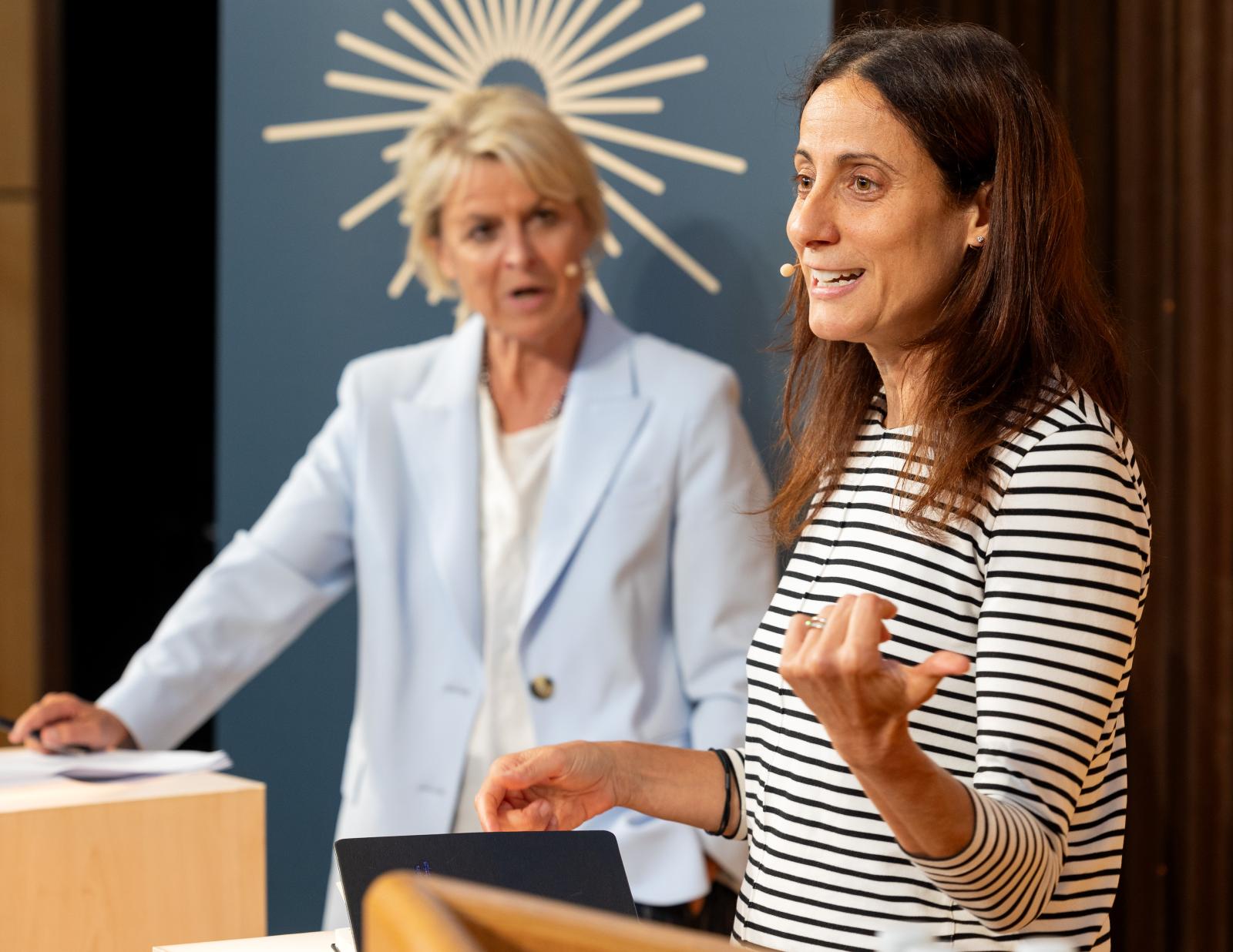
The Green Deal as a transformative project
The key issue driving the far right’s surge in polls these weeks is opposition to the climate agenda, according to Nathalie Tocci, director at the Istituto Affari Internazionali: After the European Elections in 2019, rightwing populists needed a new story to tell, and climate politics fit neatly with eurosceptic narratives. Now politicians must address the negative consequences of current climate polities, she argued. While the next five years will primarily be a period of implementation, serious investments are needed and have not been adequately prioritized so far.
EU’s strategic autonomy towards the US?
The EU is facing the possibility of an inward-looking America after November elections. It is therefore essential that the EU enhances its strategic autonomy, argued Arancha González Laya, Dean of the Paris School of International Affairs at Science Po, and Majda Ruge, Senior Policy Fellow at the European Council on Foreign Relations, in a conversation moderated by our director Lykke Friis. “Fragmentation is our poison”, González Laza noted, highlighting that if the EU wants to remain an important player globally, it needs to integrate policy areas like defence, energy, and capital markets. The discussion centered on possible developments in the United States’ foreign policy and the specter of a second Trump presidency.
Finally, questions of strategic autonomy and economic competitiveness were also the focus of two additional interventions. Niels Thygesen, president of the European Fiscal Board, warned of high debt levels in several Member States and underscored that progress on the Capital Markets Union will not be enough to address the EU’s investment needs. Speaking live from Kyiv, Leonid Litra, a visiting fellow at the European Council on Foreign Relations, then outlined the dire situation in Ukraine and stressed the importance of Europe’s political and military commitments to the country, arguing that it cannot rely on the US for the long term.
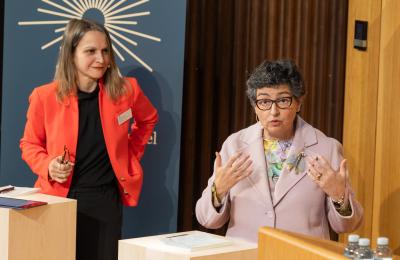
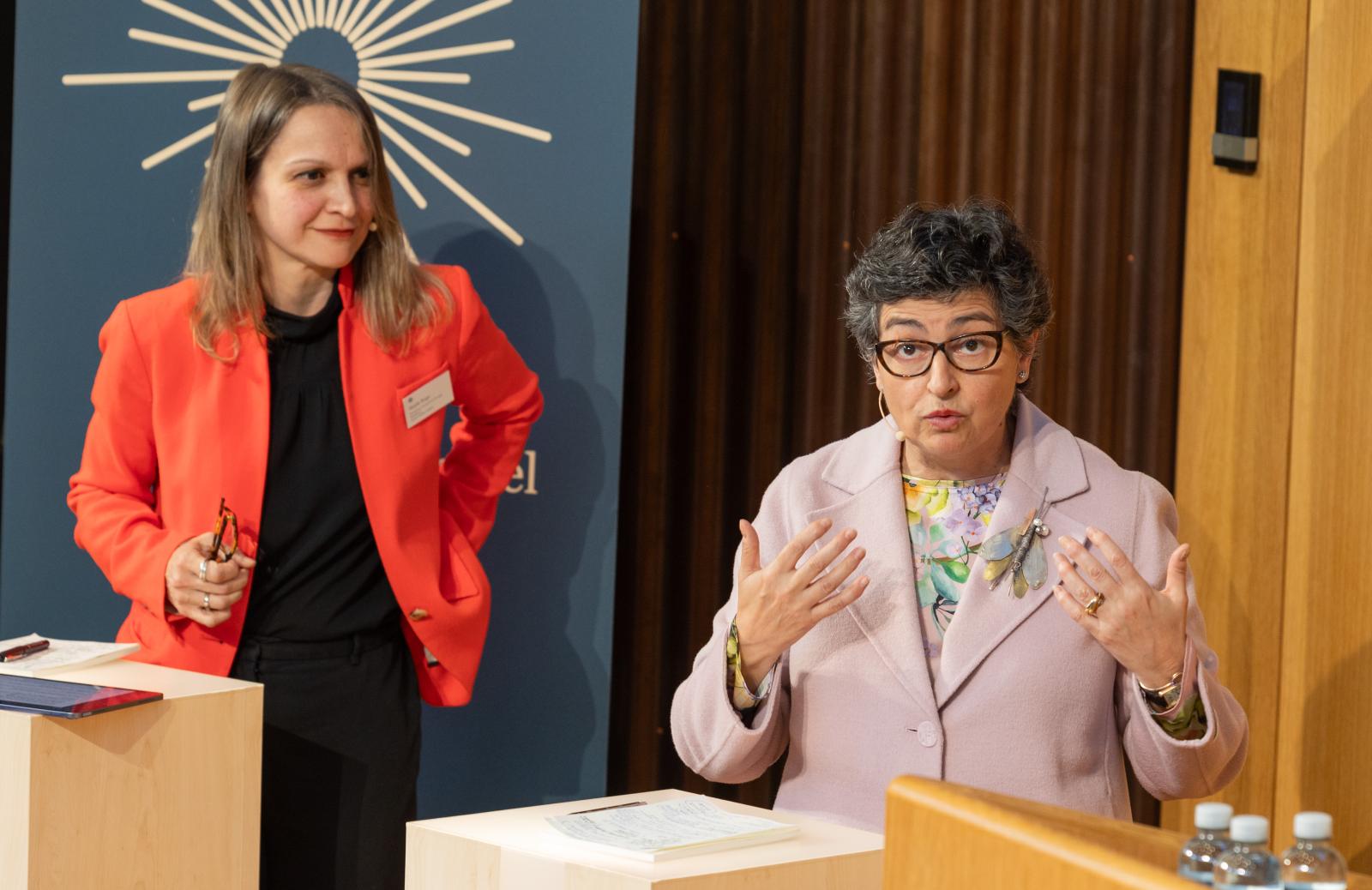
Tænketanken EUROPA indtager ikke holdninger som organisation. Denne tekst repræsenterer alene – som alle udgivelser fra Tænketanken EUROPA – forfatterens/forfatternes betragtninger.
